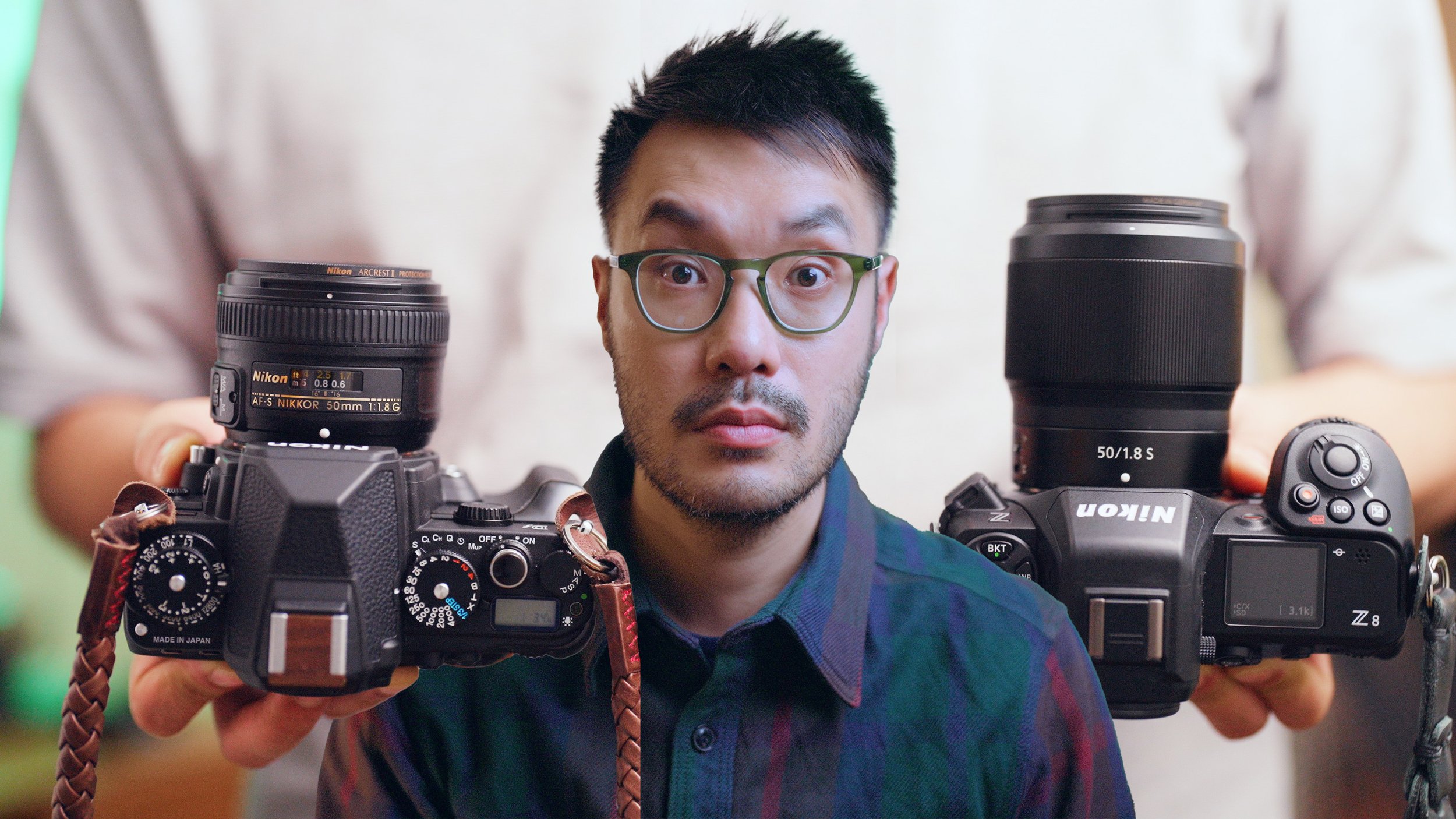

First Steps
13 April 2022
At times we all feel stuck between a rock and a hard place, but this is especially common early in academia. You’ve just finished your PhD, and hopefully you felt supported through that process by your supervisor, colleagues, friends and family, but now as an ECR or MCR, you need to prove that you can be independent. Your supervisor can be very well-intentioned, but they need to survive as well. Neither of you can afford to be unproductive, and before you know it you’re pulling long hours, working nights and weekends, and it feels like you never finished your postgrad training. There’s so much more in academia outside of your research that you need to learn - service, community engagement, teaching, leadership - where do you find the time? How can we work smarter, not just harder?

Managing Expectations
8 April 2022
When you hear about “cloning”, what’s the first image that comes to mind? Frankenstein-esque experimentation carried out in abandoned hospitals, or Clone Clubs filled with identical “sistres”? I want students to be excited by science, but also realistic about its everyday implications. Rather than making copies of whole organisms, animals or humans, the bulk of the cloning done in molecular biology labs is fusing tiny pieces of DNA together. It’s not exciting, glamorous, or particularly newsworthy, but it’s the necessary grunt-work that makes much of our experimentation possible. Scientists who are experienced in all aspects of molecular cloning and recombinant DNA technology are incredibly valuable across the sector.

Substance over Style
1 April 2022
You’ve been asked to present your very first lecture, and it can be a daunting process. The advice I’ve seen online seems to focus disproportionately on style – interesting or funny anecdotes, attention-grabbing graphics, and powerful quotes. These strategies may make for memorable moments, but can’t overcome inconsistencies in your learning or assessment design. My personal preference is to advocate for substance over style, and over the years my conversations with learning designers have improved my approach to teaching more than any quick tips on “how to be more engaging”. I’m not a learning designer, but here are some of their strategies that I’ve found to be most useful when getting started.
